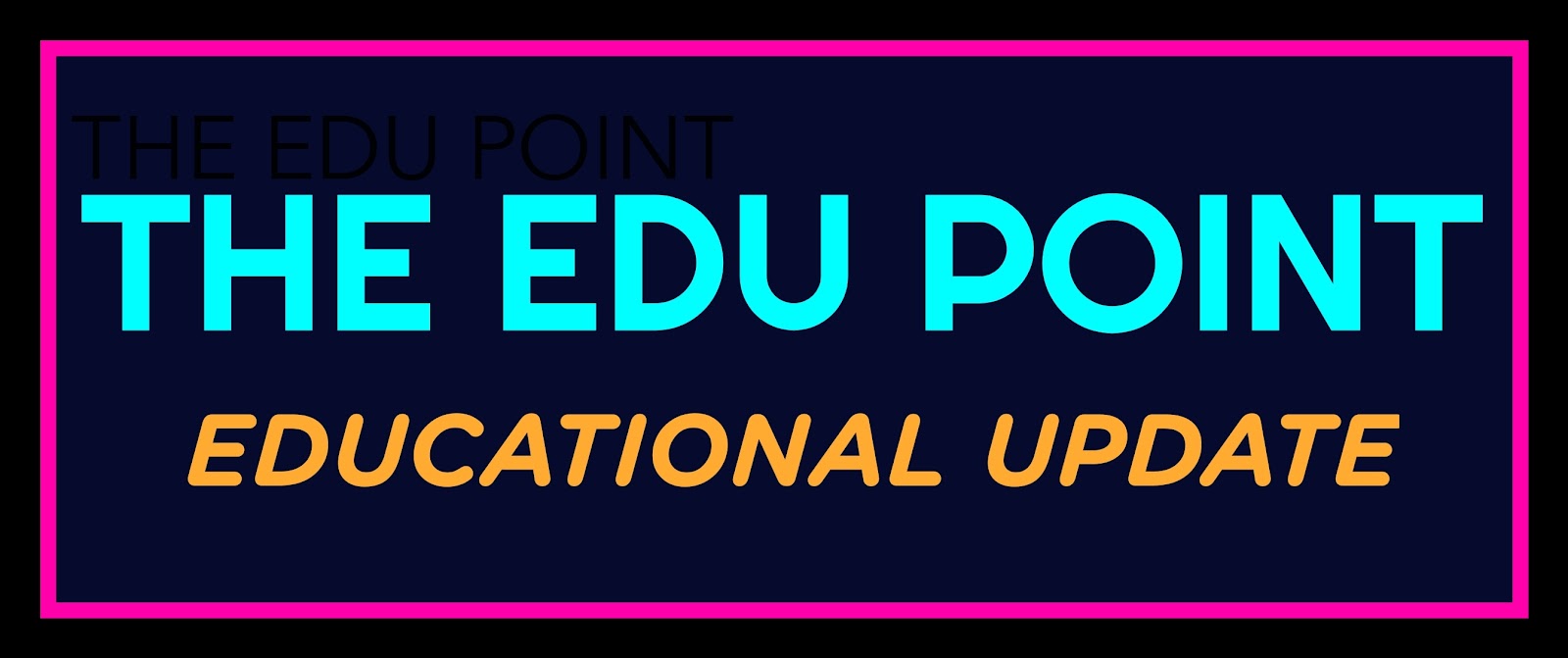HOME LEARNING VIDEO AND PDF STD 3 TO 12 DATE 22-7-2020
HOME LEARNING VIDEO DD GIRNAR KARYKRAM DATE 22-7-2020
WATCH IN YOUR MOBILE BELOW LINK
STD 3 TO 12
These are all great definitions of learning. I believe learning is trans formative and that we must connect new information with our experiences. I also think that it is more social than on an individual spectrum. This social component involves cultural attitudes, language, communicating with others, and having a global perspective. Number 3’s definition is about how I feel toward learning. I appreciate the reflection piece.
This constructivist view suggests that learning is a search for meaning that is contextual. Learning is not isolated from the world around us; it is the world around us. All of the parts that we learn must be connected to the whole. Thus, learning should be personal and not merely the regurgitation of what someone else considers to be truth. Rather than retrieve an answer from memory, students must use their knowledge to synthesize the appropriate response. In other words, they must think!
The desire for learning is evident even in the absence of rewards. Novelty plays a key role in the motivation to learn. The mere pursuit of knowledge might be motivating by itself. Studies also show that sometimes students are capable of demonstrating higher levels of performance but are unmotivated to show it. Sometimes, a student's lack of motivation stems from the past (for example, a negative relationship with a previous teacher). The student who has always been unsuccessful in science is unlikely to walk into the chemistry lab on the first day of school ready to take on new challenges.
Long-term memory can be further divided into two categories: explicit and implicit. Explicit memory can have semantic pathways (for retrieval of facts, dates, textbook-type information) or episodic pathways (for memories based on a location or circumstance). Implicit memory can be procedural (motor or habit memory) or reflexive (automatic). Implicit memory implies that we know it; we just don't know we know it
A consistent theme in this book is that we should focus on learning, not just on teaching. Therefore, we must look at the process of learning. How does it occur? What factors accelerate learning? What factors impede it? In this chapter, I first briefly investigate the history of the study of learning. Then I look at current theories regarding how learning occurs and at what I call “brain-based” theories of learning
HOME LEARNING VIDEO AND PDF STD 3 TO 12 DATE 22-7-2020
HOME LEARNING VIDEO DD GIRNAR KARYKRAM DATE 22-7-2020
WATCH IN YOUR MOBILE BELOW LINK
STD 3 click here to view
STD 4 click here to view
STD 5 click here to view
STD 6 click here go view
STD 7 click here to view
STD 8 click here to view
STD 10 click here to view
STD 12 click here to view
HOME LEARNING VIDEO WATCH IN DIKSHA APPLICATION AND DOWNLOAD TEXT BOOK PDF FILE
HOME LEARNING VIDEO AND PDF DOWNLOAD




